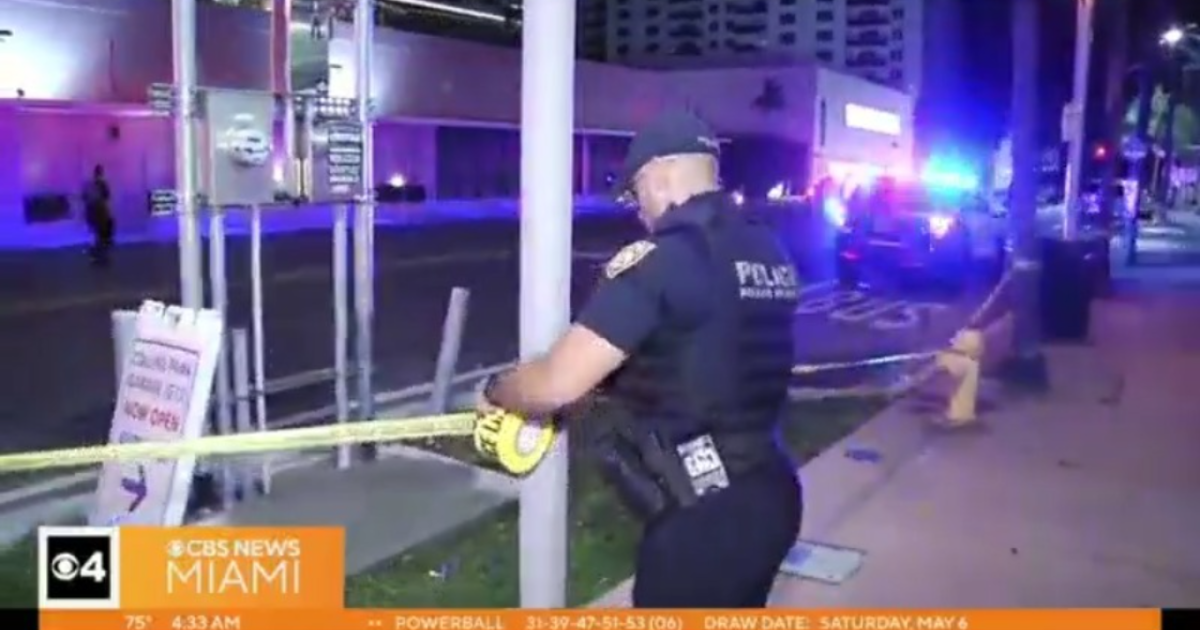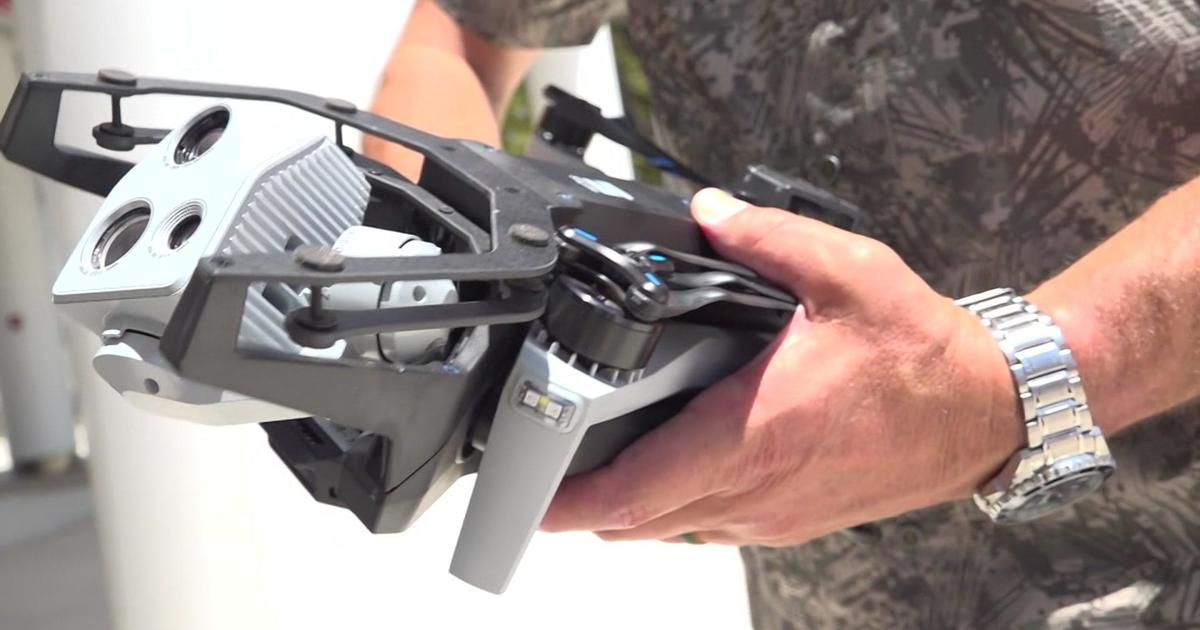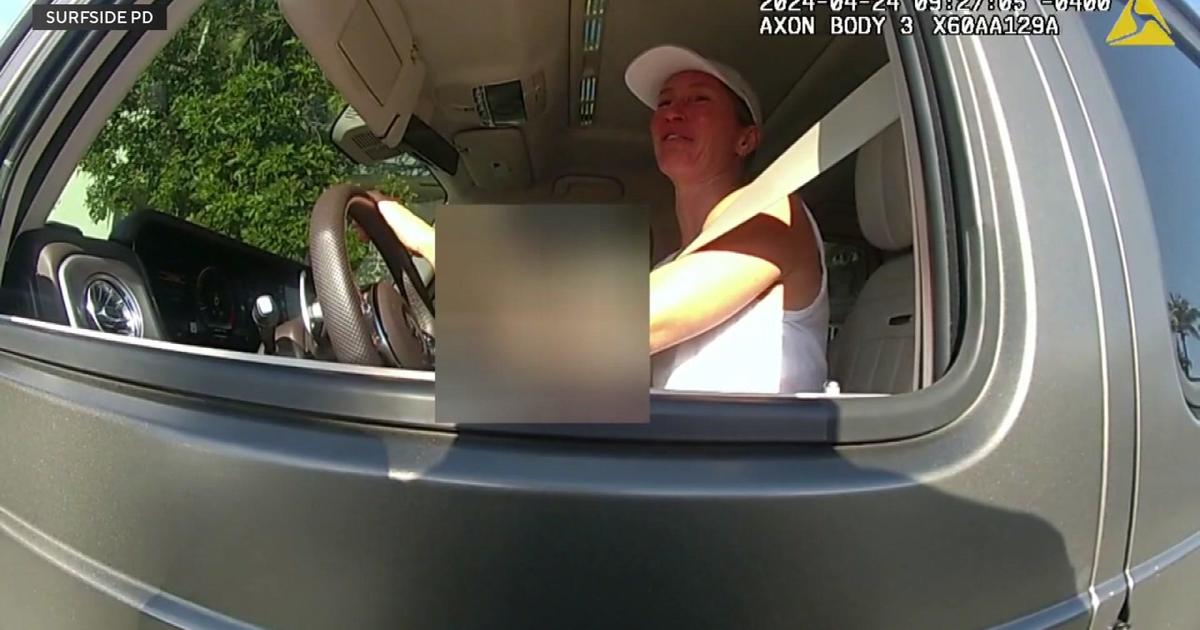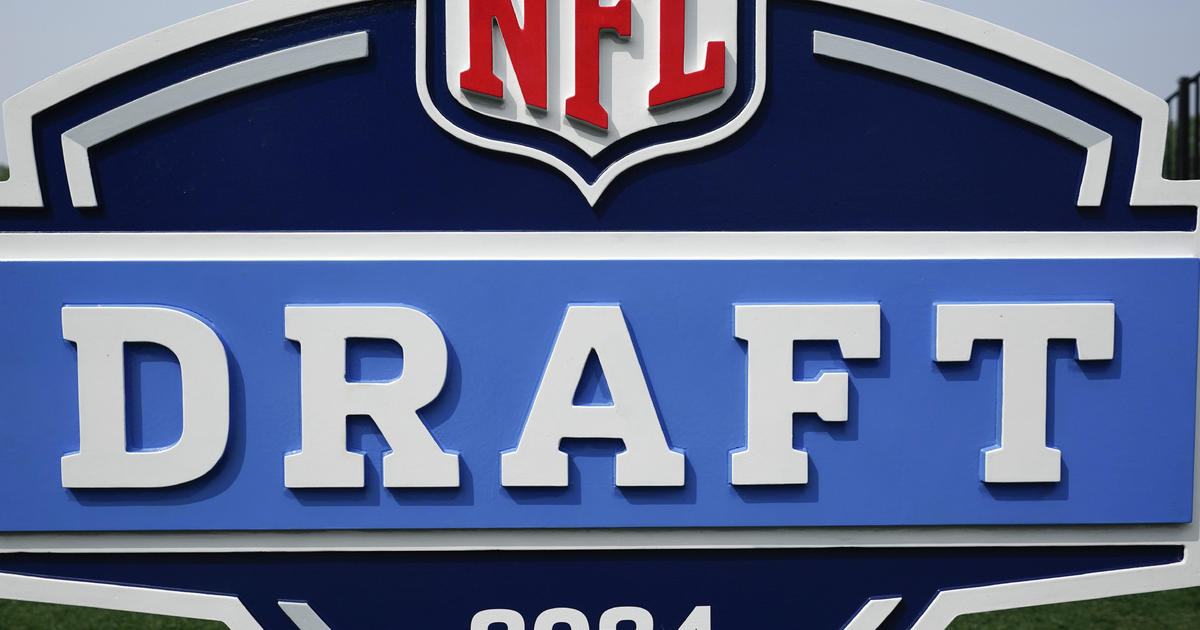Survivor Advocates For Screenings During Colon Cancer Awareness Month
Follow CBSMIAMI.COM: Facebook | Twitter
MIAMI (CBSMiami) -- March is Colon Cancer Awareness month, and one survivor has made it his mission to promote the importance of screenings.
Csaba Pap says a colonoscopy, albeit a late one, saved his life.
"All your blood tests look great. You're not showing any evidence of cancer," Pap's doctor told him during a recent check-up. "Great news. Thank God."
A year and a half ago, a reluctant Mr. Pap showed up at West Broward Gastroenterology in Plantation to see Gary Luckman, M.D. of Digestive CARE. He needed a colonoscopy.
But at 55 years old and with a family history of colon cancer, he was already five years behind schedule.
"I kept putting it off. I knew I should do it when I was 50. I kept putting it off and putting it off," Pap told CBS4's Lauren Pastrana. "Finally I got it done at 55 and it was late. I had colon cancer. If I would have come when I was 50 it would have only been the polyp. It would have been a lot easier. Don't put it off. Do it in time."
Dr. Luckman says a colonoscopy is key in catching polyps before they turn into cancer.
"It can be the difference between life and death," he said.
During this colon cancer awareness month, here are the facts Mr. Pap and Dr. Luckman want you to know:
- More people die of colon cancer in the U.S. than from either breast or prostate cancer.
- The risk is equal for men and women.
- One in twenty people will be diagnosed with colon cancer in their lifetime.
But it can be prevented and treated.
Mr. Pap had surgery to remove the cancer a few days after his initial diagnosis.
"I'm a cancer survivor Thanks to him," Pap says pointing to Dr. Luckman.
"I'm very proud of him and he's an advocate for colon cancer screening for obvious reasons. Unfortunately, 50-percent of people who should be screened for colon cancer at age 50 don't get it," Dr. Luckman explained.
Pap has a son in his late 20s.Because he has a family history, he'll need to be screened when he's between 40 and 45 years old.
"It's very important. I keep telling everybody," Pap said. "My friends, my family, go and get it done. You never know. It could save your life later."
If you've been putting off that all-important test, take this as your cue to schedule the appointment.



